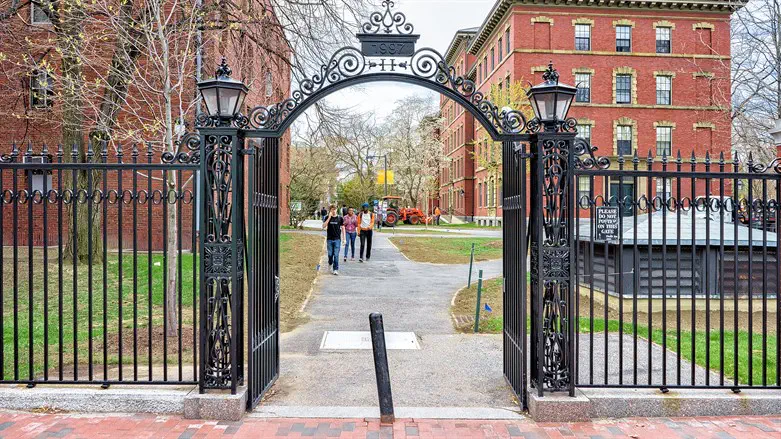
Harvard University confirmed on Monday that it is looking to borrow up to $750 million from Wall Street as part of its financial strategy to address potential contingency needs.
The decision follows the Trump administration’s review of $9 billion in federal grants and contracts, which could be impacted by concerns over alleged antisemitism on US campuses.
In a letter sent last week to Harvard, the government outlined several stipulations the university must meet to retain federal funding, including restrictions on protesters wearing masks to conceal their identities. Harvard acknowledged receipt of the letter but declined to provide further comment.
"As part of ongoing contingency planning for a range of financial circumstances, Harvard is evaluating resources needed to advance its academic and research priorities," the university said in its statement, as quoted by Reuters.
This move follows similar actions by Princeton University, which announced on April 1 that it was considering issuing approximately $320 million in taxable bonds later this month. Last week, Princeton disclosed that several dozen of its research grants had been frozen by the US government.
Harvard plans to issue taxable bonds for "general corporate purposes," according to a spokesperson. At the close of fiscal year 2024, the university had $7.1 billion in outstanding debt, a figure expected to rise to around $8.2 billion with the new bond issuance. The university recently issued $434 million in tax-exempt bonds in March 2025 and $735 million in bonds in the spring of 2024.
The Trump administration recently issued a firm ultimatum to Harvard University, demanding sweeping policy changes as a condition for maintaining its access to nearly $9 billion in federal grants and contracts.
Federal authorities are calling for a ban on face coverings during protests—in response to pro-Palestinian Arab demonstrators who have used masks to obscure their identities. Additionally, Harvard must revise its policies governing protests and public demonstrations to clarify restrictions on time, place, and manner.
Harvard, like other universities in the US, has seen an uptick in anti-Israel activity since Hamas’ October 7, 2023, attack on Israel and the war in Gaza which followed. The university has come under fire over its handling of antisemitism on campus.
Just two days after the October 7 massacre, a coalition of 34 Harvard student organizations released a statement in which they blamed Israel for Hamas’ attack.
Later, then-Harvard President Claudine Gay came under fire after she, along with MIT President Sally Kornbluth and University of Pennsylvania President Liz Magill, testified before a congressional hearing on the issue of antisemitism on college campuses.
All three university presidents gave similar answers to Rep. Elise Stefanik in which they failed to unequivocally condemn antisemitism or even calls for genocide against Jews. Gay eventually resigned as President of Harvard.
